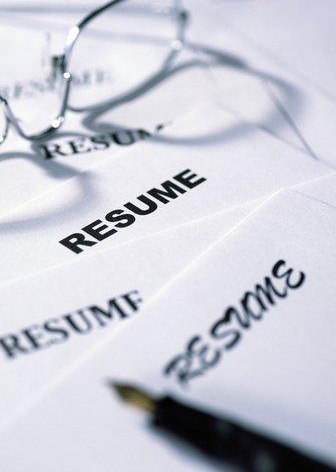 |
| Your ability to envision the future depends on the past. |
It seems easy to think about what you will be doing next week. In general, your life next week feels like it will be a lot like your life is this week. You will have the same friends, the same job, the same home. Your distant future is a bit murkier. It is hard to picture where you'll be living, what you'll be doing, and who you will be spending time with.
How do you envision your future? This question was explored in a paper in the August, 2011 issue of Memory and Cognition by Kathleen Arnold, Kathleen McDermott, and Karl Szpunar.
They start by pointing out that your ability to envision the future is strongly influenced by your memory for the past. That is, you tend to use memories of past experiences to predict what your life will be life in the future.
It is easier to use your memories when the future you are predicting is close in time. Chances are you have experienced many specific locations and events that are like the ones you will encounter next week. As a result, you can do a good job of simulating what your life will be like next week. It is harder to guess what memories from your past will be relevant for understanding your life in the distant future, and so it is harder to make specific predictions.
Indeed, in one study, people were asked to envision an event that was going to happen next week or in five years. After thinking about this future event, people were asked whether it was set in a familiar location. People were far more likely to set a predicted future event in a familiar location if they were thinking about the near future than if they were thinking about the distant future.
Another study demonstrated that it is possible to make more specific predictions for the future by imagining that future in a familiar place rather than an unfamiliar place. For example, college students asked to envision an event happening five years from now in their current dorm room were able to make much more specific predictions about that event than those asked to envision an event happening at the Egyptian pyramids.
Why does this matter?
We use our ability to envision the future to help us make plans. Our beliefs about what might happen in the future help us to plan for obstacles that will confront us. A lot of good research on planning suggests that those people who prepare for failure are the ones best equipped to handle problems when they come up.
By setting your predictions for the future in a familiar landscape, you allow yourself to use your memories of the past to help you predict what might go wrong in the future. If you are only able to think abstractly about the future, then you are much less likely to find specific problems that may arise.
Clearly, the future has ways of surprising us, and nobody can be completely prepared for what the future will bring. But, it is important to recognize that the only way you can plan for the future is by drawing on your memories of the past. Envisioning your future in a specific location gives you the best chance of helping yourself succeed.
How do you envision your future? This question was explored in a paper in the August, 2011 issue of Memory and Cognition by Kathleen Arnold, Kathleen McDermott, and Karl Szpunar.
They start by pointing out that your ability to envision the future is strongly influenced by your memory for the past. That is, you tend to use memories of past experiences to predict what your life will be life in the future.
It is easier to use your memories when the future you are predicting is close in time. Chances are you have experienced many specific locations and events that are like the ones you will encounter next week. As a result, you can do a good job of simulating what your life will be like next week. It is harder to guess what memories from your past will be relevant for understanding your life in the distant future, and so it is harder to make specific predictions.
Indeed, in one study, people were asked to envision an event that was going to happen next week or in five years. After thinking about this future event, people were asked whether it was set in a familiar location. People were far more likely to set a predicted future event in a familiar location if they were thinking about the near future than if they were thinking about the distant future.
Another study demonstrated that it is possible to make more specific predictions for the future by imagining that future in a familiar place rather than an unfamiliar place. For example, college students asked to envision an event happening five years from now in their current dorm room were able to make much more specific predictions about that event than those asked to envision an event happening at the Egyptian pyramids.
Why does this matter?
We use our ability to envision the future to help us make plans. Our beliefs about what might happen in the future help us to plan for obstacles that will confront us. A lot of good research on planning suggests that those people who prepare for failure are the ones best equipped to handle problems when they come up.
By setting your predictions for the future in a familiar landscape, you allow yourself to use your memories of the past to help you predict what might go wrong in the future. If you are only able to think abstractly about the future, then you are much less likely to find specific problems that may arise.
Clearly, the future has ways of surprising us, and nobody can be completely prepared for what the future will bring. But, it is important to recognize that the only way you can plan for the future is by drawing on your memories of the past. Envisioning your future in a specific location gives you the best chance of helping yourself succeed.
Source: Psychology Today




 It starts with culture
It starts with culture